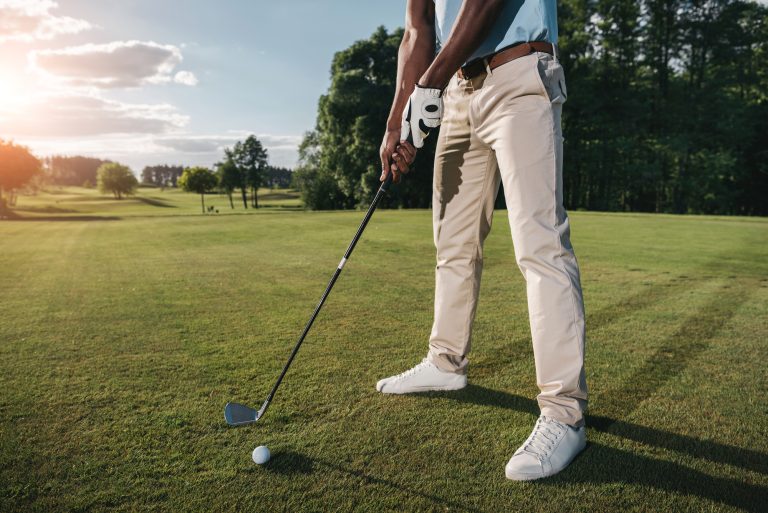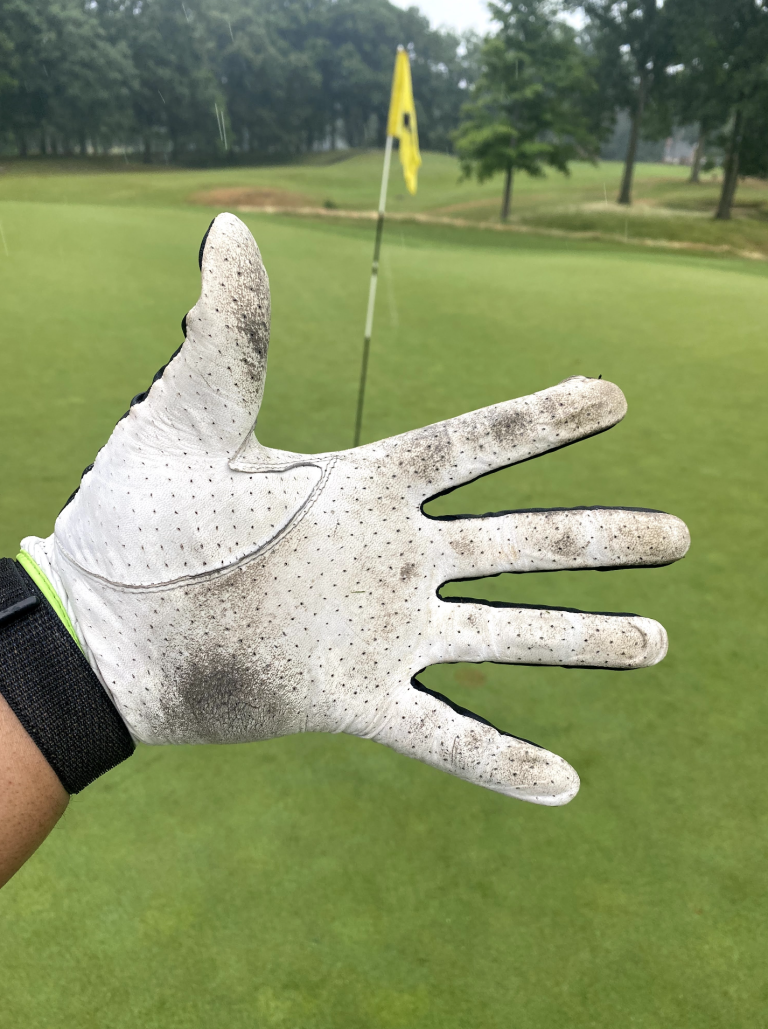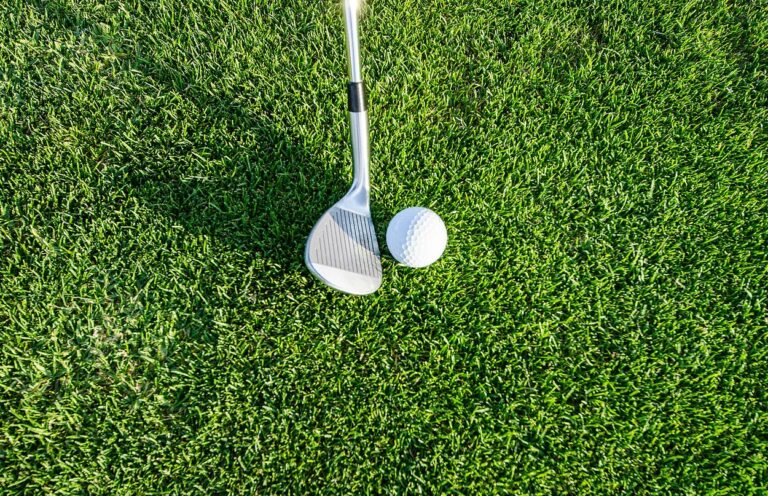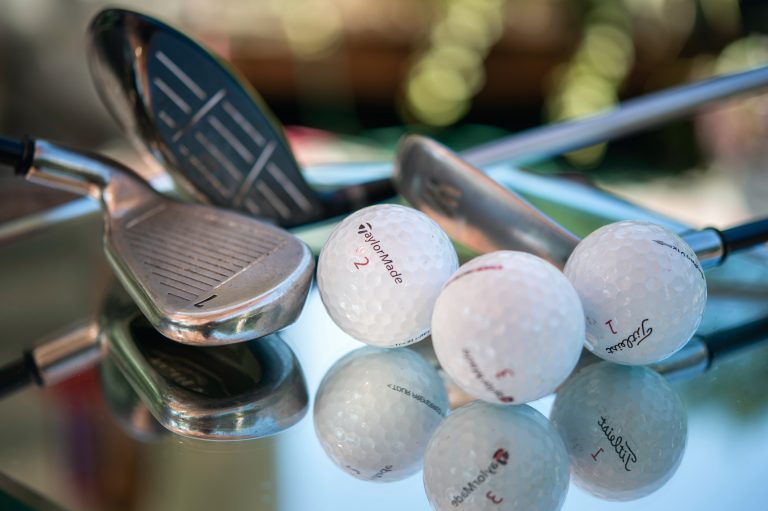Simple Reasons to Know Why Should You Oil Golf Clubs? (Explained)
I am terrible at keeping my golf clubs up to par (see what I did there?). Regardless, proper cleaning is part of exemplary golf club maintenance. Some golfers go as far as polishing the sticks with oil, WD40, and Vaseline. Should you oil golf clubs?
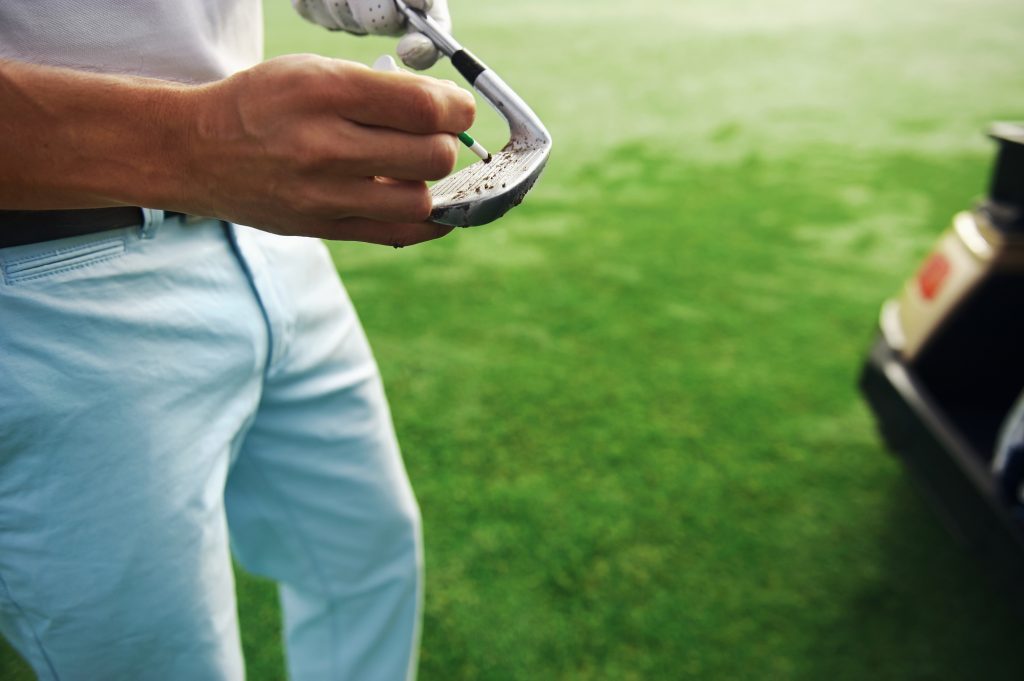
If you own forged carbon steel or iron clubs, you must oil them to prevent oxidation, which causes rusting. A thin oil film covers the raw surface, preventing oxygen from contacting the exposed metal. I especially love doing it when storing my golf clubs for longer durations.
However, this has been a point of debate in golfer cycles, with some arguing that it equates to cheating.
Does it? Hang on to find out.
Why You Need to Oil Golf Clubs?
You need to do something to keep your drivers and wedges from rusting. There are many options, but the main one is oiling. However, what does oil do to golf clubs?
It Keeps Away Air and Moisture from the Golf Club
Moisture and air are indispensable elements of golfing, and while they seem harmless, they do more harm than good to your golf clubs. A thin layer of mineral oil gets the job done just perfectly.
Affects Ball Control
There aren’t any conclusive studies on this subject. However, some golfers believe oil affects the club’s ability to control the ball. When applied on the clubface, oil affects the ability of wedges to check and spin the ball.
Frankly, I don’t think it makes any difference. You apply a thin microscopic layer that gets absorbed by the rust, canceling any possible adverse effects.
Improved Performance
A different camp of golfers thinks oil application on golf clubs increases performance. Applying a thin Vaseline film on the driver’s face enables you to achieve greater distances.

of Callaway ERC Triple
Track Golf Balls for
yourself or your buddy!
Is It OK to Put WD40 on Golf Clubs?
WD40 is popular due to its deep cleaning power. It cleans and also makes the old sticks shine like new ones. However, is it OK to put it on the golf club?
Rule 4-2b prohibits applying foreign materials on the clubface to influence ball movement. Materials such as aerosol sprays, saliva, chalk, and grass juice are forbidden under the Equipment Standards Committee. Does this mean it is illegal to apply WD40 on club faces?
The main question to ask yourself is the purpose of the application. If the meaning of the material is to give the golfer an unfair advantage over other players, it is illegal. However, it is OK if the product is applied for cleaning purposes.
WD40 is a cleaning product, and you should use it whenever needed. Avoid applying on golf clubs with a finish because it is corrosive, making the sticks unsightly. WD40 is best suited for clubs and irons made from iron, which rusts easily compared to other materials.
Should You Polish Golf Clubs?
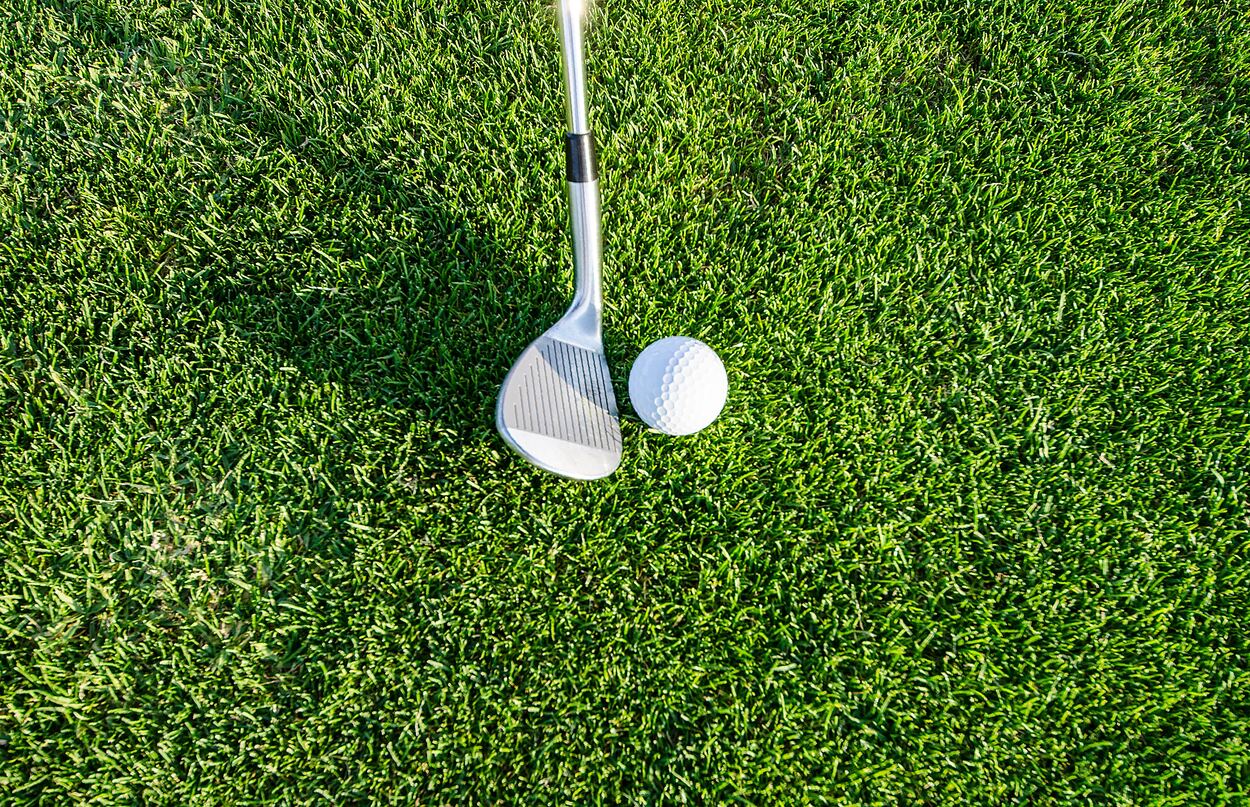
The answer is a big YES! Every golfer should make golf club polishing an indispensable part of their maintenance routines.
There are several reasons behind this. Polishing makes the club impermeable to elements such as dirt and water. It also gives the clubs a cosmetic appeal, increasing the resale value. Polishing leaves the club surface extremely clean and free from debris affecting the contact between the golf ball and the club.
Here is how to polish a golf club.
- Start by giving them a deep and thorough cleaning. Mix a small amount of mild dishwashing liquid with warm water. You can also use unique golfing soaps made for cleaning purposes.
- Put the clubs in the mixture and leave to soak for a few minutes. Soaking loosens any dirt particles that are deeply entrenched inside the grooves.
- Gently scrub the club face and back using a medium-bristled brush. A toothbrush can also come in handy.
- Continue scrubbing gently or with medium pressure until all the debris has softened. Rinse with clean water.
- Bloat the excess water using a dry towel or lint-free rag. Let the golf clubs sit in the open for a while.
- Polish! Unless you have special polish for golf clubs, car wheel polish or metal polish will do just fine. Use a soft cloth or towel gently on the golf club face. Leave to dry.
- Spray polish is better because your hands don’t get messy. Polishing the shafts and the club face protects the inner material from rust.

and apparel.
gear, accessories and apparel. (affiliate link)
How Do Pros Clean Their Clubs?
Pros use the same cleaning techniques as golfers but are slightly customized to suit their needs. They also prefer methods that will get the job done quicker. Below are several cleaning methods pros use.
General Method
Caddies especially love this one. Put the clubs into a bucket full of water. The water should be warm, not hot. Prepare a cleaning cloth and brush for rubbing and scrubbing.
Dunk half the cloth in water while leaving the other half dry. Use the wet half to rub the golf club’s back, face, and hosel. Dip the brush into the water and use it in the grooves.
Periodically wipe excess debris using a wet towel. Once clean, bloat the excess dampness on the golf club using the dry half of the cloth. Repeat until every wedge, driver, and other club in your golf bag is clean.
Power Washing
This one is simple and fast. Secure the face of the golf club in place using your hands and legs or even a wedge. Start a power washer, point the outlet to the face, and fire. The force will blast out the dirt while rinsing simultaneously.
Be extra careful because this is the only cleaning method with a risk. The pressurized water can hurt you in the process. I would advise you to pressure wash golf clubs a maximum of 3 times a year to avoid damaging them.
Rough Cleaning
Rough cleaning is the only method in this list that doesn’t use water. It is beneficial without water or when the player is in a hurry.
You need an object with a sharp end, such as a groove sharpener, a tee, or a divot tool. Use the sharp edge to scrub the grooves on the clubface. Repeat until everything is clean.
Final Thoughts
If you want your golf clubs to stand the test of time and get maximum performance
It doesn’t take as long as you may think but it is extremely helpful. I am no pro golfer, so I cannot afford to buy new clubs when I want, so I should take care of them.
But even then, I rarely do, and they usually perform for me as expected.
So this is a more “do as I say, not as I do” type thing, haha.
If you want to learn more about relative information about golf clubs, check out my other article here: What Are The Disadvantages Of Offset Golf Clubs?


